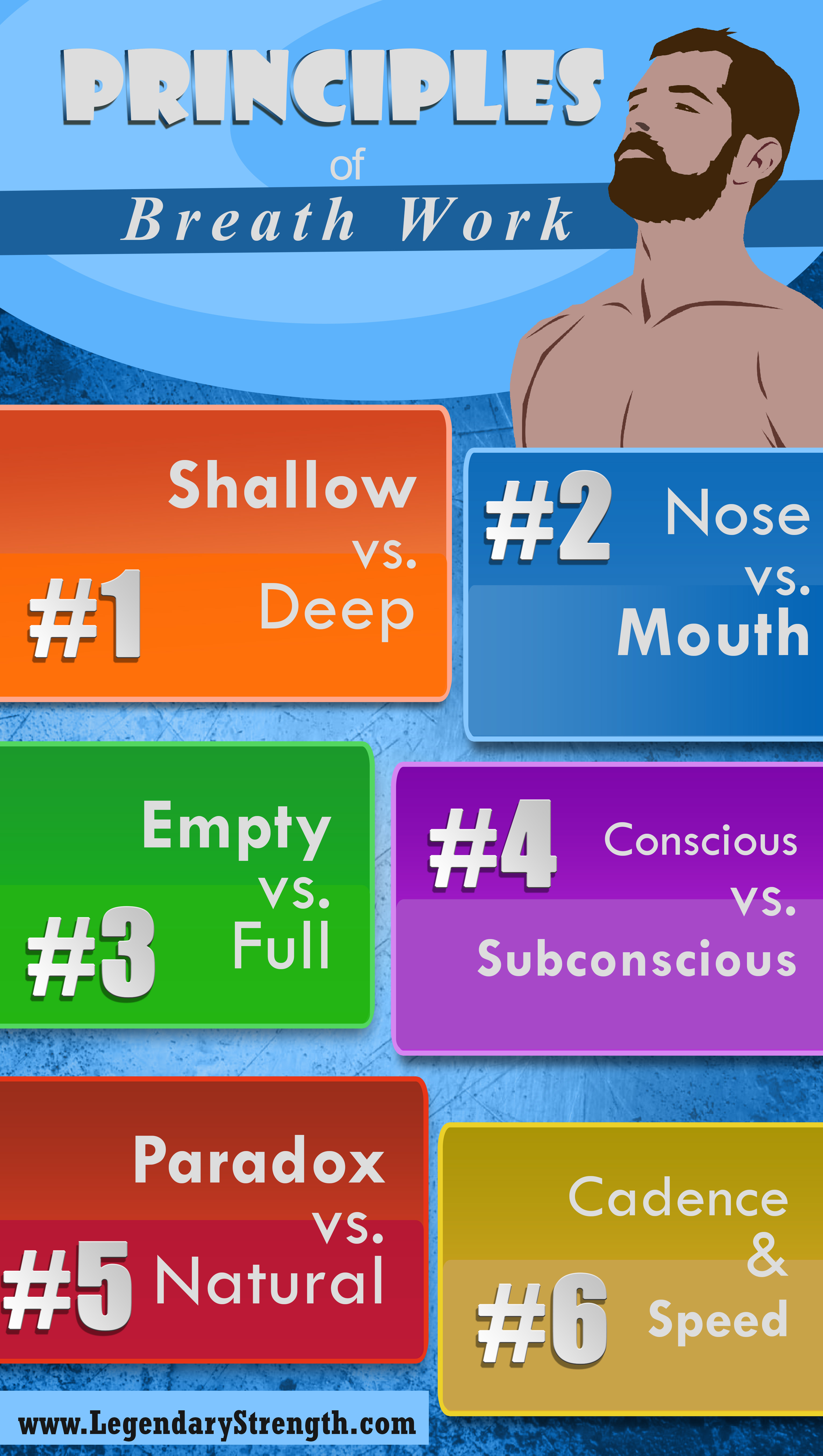Zoubair asks:
“Hope you’re doing well, still following you and your quality posts on your blog. I must admit I am intrigued about those breathing exercises you’re regarding so highly, and I am interested in your “Upgrade Your Breath” program too. However, I still can’t figure out exactly what are the tangible, solid benefits of such practice: do you improve things like your endurance and strength, and how significant is that? Does it have any effects on other aspects of health, like your immunity and resilience to sickness and disease? How much material do we have in terms of scientific evidence? Tons of similar questions go through my head. I think it would make a great subject for a future blog post, to show your readers how much they can benefit from it and what is achievable. Just a suggestion from an old reader and fan of yours. Keep up your awesome work!”
Good questions. I’ll expand on these in future emails but some ideas here.
“do you improve things like your endurance and strength, and how significant is that?”
Yes, though hard to give exact measures like 16.7%.
The tension breathing for strength definitely can move the needle. This is one of the seven applications of breathing exercises.
As for endurance, another of the seven applications, I feel like the better breath capacity I built that this translated directly to endurance activities. For example, my 91 snatches with the beast in ten minutes was done while focusing on breath work. I’ve noticed it recently with burpees too and the difference between doing breath training and not doing it.
“Does it have any effects on other aspects of health, like your immunity and resilience to sickness and disease? How much material do we have in terms of scientific evidence?”
Breathing being a freely available thing there is not all that much science. It’s not patentable and you can’t make money off it so it’s not studied to the degree that drugs and disease are. That being said, there is some.
A big one is the study of Wim Hof’s method showing innate immune system control (which previously was thought to be beyond our control) through breathwork.
They conclude: “These results could have important implications for the treatment of conditions associated with excessive or persistent inflammation, such as autoimmune diseases.”
Most of the other studies I’ve seen have to do around with stress and anxiety such as this one that covered using deep breathing to allay test anxiety in students.
Stress, in turn, being a big impact on your health in virtually every other way. There’s more on that subject in this blog post covering two other such studies.
There is also a recent study that showed a five-minute breathing routine lowered blood pressure, improved memory, and made exercise easier. I covered that one here.
There’s more out there than that but that gives you a brief idea of what the scientific landscape looks like.
The other side of the science picture is looking at air pollution and quality of air and how these, in turn, affect health and performance. Very real effects…despite air being something that is “out of sight, out of mind.”
Once again, breathing is free to do.
Breathing is not given the proper attention it deserves. (Compare it to how much exercise is talked about or DIET!)
Yet it may be just as important as either of these two areas.
There is no one right way to do it. There are a group of principles (6 by my count) that you need to understand, then 7 different ways to apply them. That’s what my book, Upgrade Your Breath, is all about.

